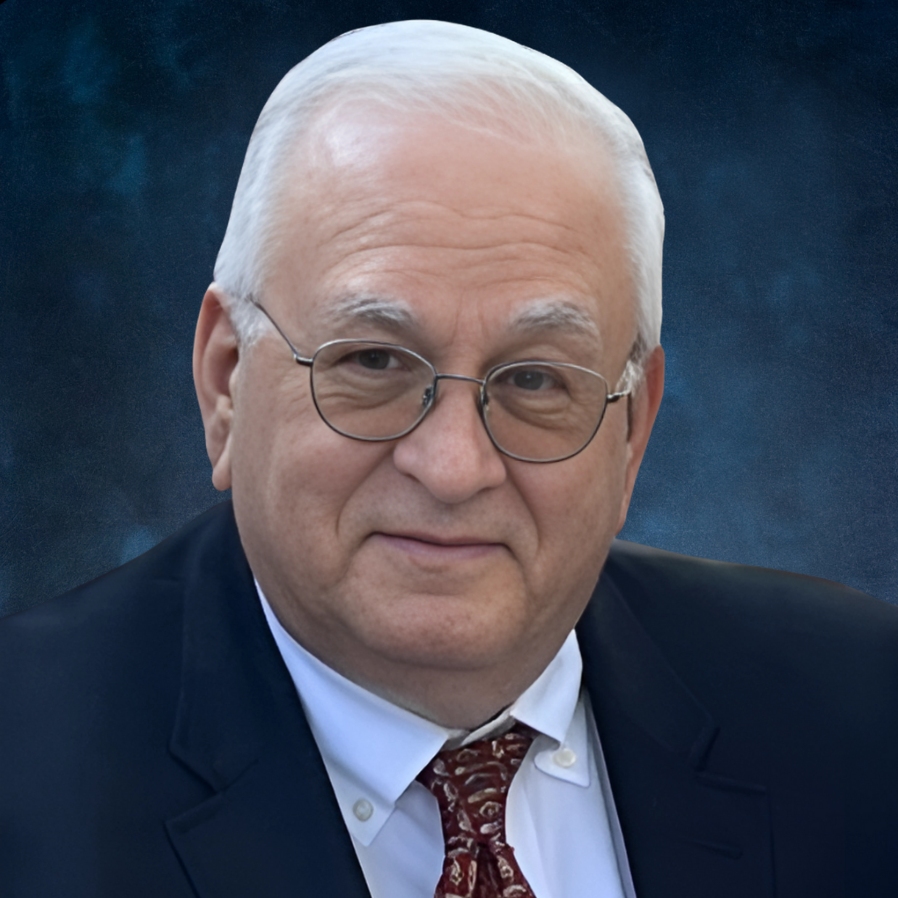
There’s no shortage of leadership advice out there; you can find plenty of it in books, articles, and endless podcasts. For OrgVitality's CEO, Jeffrey Saltzman, the most meaningful lessons have come from experience.
"I’ve been lucky in my career to work with some truly outstanding leaders who shared their wisdom with me, and that guidance helped me grow multiple successful consulting companies. I’ve also picked up plenty of lessons the hard way, through trial and error. Over time, a handful of ideas have stood out as the ones I keep coming back to. Here are the ones that matter most to me:
- Treat others the way you want to be treated. Treat people as adults. Why would you do it differently? We know that the vast majority of people want to do a good job at work and are not looking to just “get-by”. Be prepared to expend energy, thought, and time in your decision-making. One-size fits all rules does not work with the lives people live today. But you also need to be willing to confront people who abuse the system. Hence, our sick policy is “if you are sick, don’t work. If you are healthy, work”. Our vacation policy is “take some”. (On the vacation policy I have come to realize people do want some guidelines – especially younger people, because they don’t want to be seen as abusing the flexibility they are being given).
- Give people as much agency as possible. This is important both on a personal level and on an organizational decision-making level. On a personal level my goal is to make people feel like they have control over their own lives. And on an organizational level it is well known that a decision has more buy-in and is more likely to succeed if it is not rigidly imposed from the top of the organization.
- Build trust. Trust building starts by treating people with dignity. Without dignity there is no trust. Dignity is a relative construct. It is how a person is treated compared to others. There are 3 components that help you build trust. 1. Integrity – fairness and justness, 2. Dependability – you do what you say you will do, 3. Confidence – you have the ability to deliver on what you say you will do. A question I ask myself is what do people say about you when you are not in the room. Building trust helps that answer be a positive one.
- Vision/Values. The above items are possible when it is clear what the goals of the organization are, how the company will operate and the culture you are working towards.
- Honesty and Transparency. Be open and honest about organizational performance, and to the extent possible finances. Some folks in my organization were a bit surprised when they first joined about how much information they were given about the overall performance of the company. I make a point of “keeping it in the family” but this goes along with treating people as adults.
- Surround yourself with people smarter than you and who compliment your skill set. Luckily for me, this one was not hard, but it does require an honest conversation with yourself about personal strengths and shortcomings. Be willing to work on your own shortcomings and give others opportunities to further develop themselves.
- Realize that you don’t know everything or are necessarily the best at anything. Be open to suggestions and the ideas of others. Be willing to continuously learn and adapt.
- Remember your words carry quite a bit of saliency to people in the organization and can have an outsized impact beyond what you intended. Be careful what you say, what you promise and what you infer.
- If the organization can’t function without you, you have failed as a leader. Put into place mechanisms that if you were to disappear things would continue to function, at least for the short/medium term. Don’t feel threatened if you can make yourself expendable. It just means that not everything must sit on your shoulders. Succession planning is very important, because even without turnover, things happen.
- You don’t have to be perfect. Just do the best you can.
These guidelines aren’t an exhaustive list, but they have served me well as I’ve built and sustained multiple successful consulting companies. At the heart is a common thread that you likely depicted: Treat people well, assume good intentions, and help them succeed. By focusing on your people, you ensure that your organization will thrive long-term.
As it is with my staff, my door is always open for anyone who wants to get in touch. If you have a comment or question, email me."
Author

Jeffrey Saltzman is the CEO of OrgVitality, and an Associated Fellow at the Center for Leadership Studies, School of Management at Binghamton University. He is credited with driving technological improvements now commonly seen in the survey industry, creating a business model focused on scientific rigor and business practicality while aiming for bottom-line results. He is the co-author of Creating the Vital Organization: Balancing Short-Term Profits with Long-Term Success, among other books.

.jpg)




